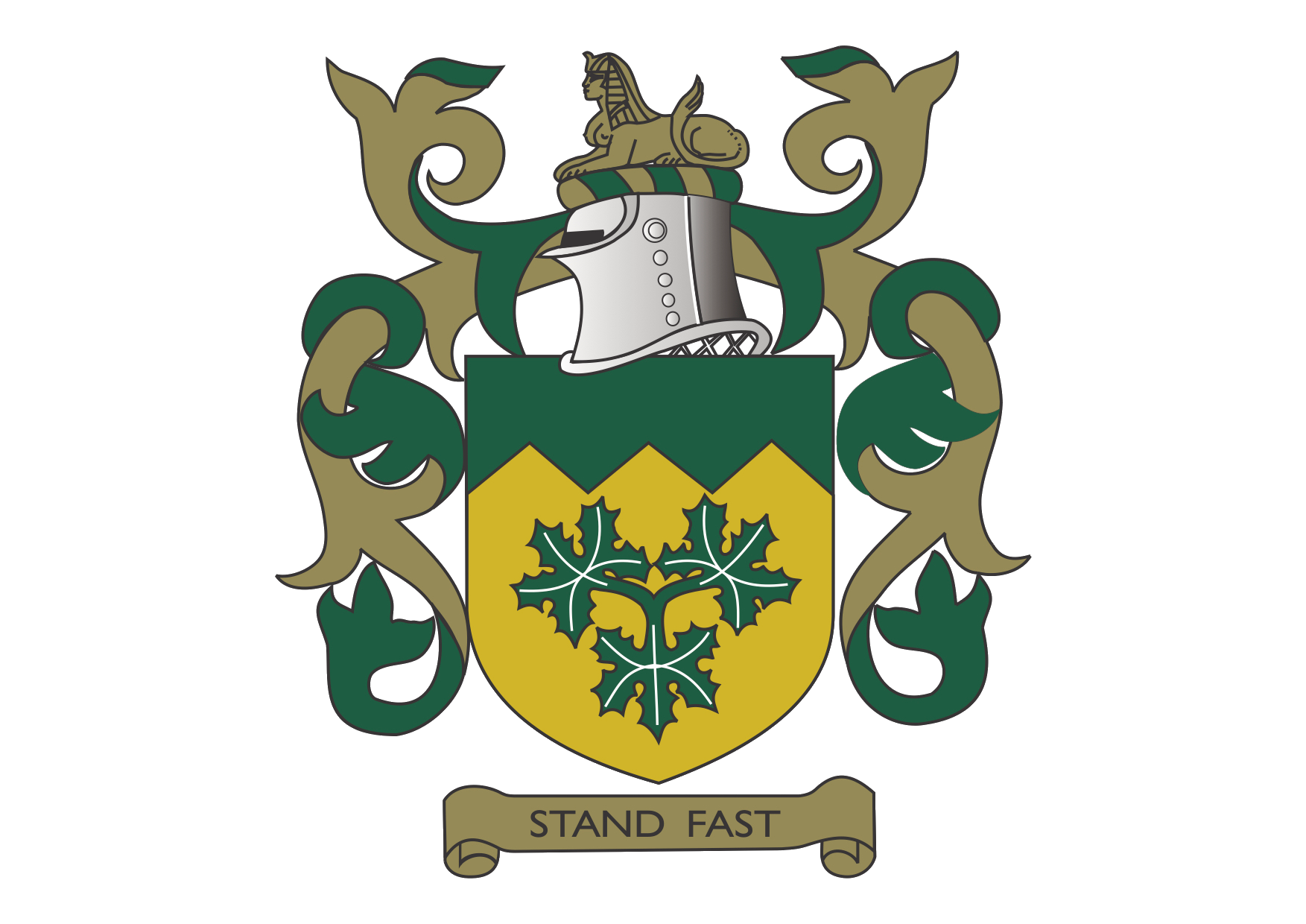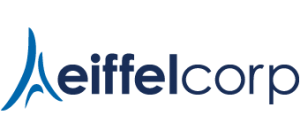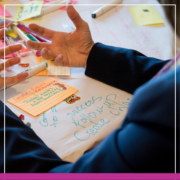
Instructional Design, Educational Technology and Digital Teaching: Challenges in Higher Education in Africa
We know that most African Higher Education Institutions have implemented forms of blended or online learning. Consequently, there has been a huge growth in the need for learning design in Africa. According to recent studies, learning design and creating online content are the most needed skills in African universities – and urgently too (Pallitt et al. l, 2019:1).
The current context of teaching and learning implies that instructional design should guide how teaching and learning are applied – specifically in reference to blended learning and online teaching contexts we are faced with, and therefore the use of technology in these scenarios is important.
But how are we doing when it comes to Instructional Designers (IDs) in South African Institutions and digital teaching or online learning application of learning design? We asked various South African IDs to share their views.
Lack of Capacity
The lack of capacity was practically flagged by all. “Since the early 2000’s there is no longer a coursework Master’s degree for the formal training of Instructional Designers, while the available educational technology degrees lack the hands-on specialisation needed in this field,” says Miss Liana Venter (Snr ID) at North-West University (NWU). Dr Setswe (Snr Instructional Designer) and Mr Harvey (ID) from the Tshwane University of Technology (TUT) agree that there are few qualified instructional designers equipped to serve digital teaching and learning needs. Those who are available often lack experience in the latest instructional design methodologies.
Lack of Skills
In Higher Education, Instructional Design in Africa has become a scarce skill. According to Ms Venter, we have seen a mass exit of qualified IDs from Higher Education to the private sector. This is due to a misalignment of skills and roles to reward. IDs with professional qualifications (such as a Masters or PhD) usually become general support staff and are rewarded accordingly.
Lack of Resources
The ratio of instructional designers to the ratio of academic staff and modules is not balanced. Lecturers, therefore, do not always have the support they need in terms of instructional design in their courses, whether in class, online or for blended learning. In the same way, IDs cannot get to their role as Instructional Designers to their full capacity.
Issues with quality assurance
Dr Setswe and Mr Harvey highlighted that quality assurance is lacking. A system where documents or content are checked for quality is not in place. As a result, the Quality Assurance process seems to be viewed as a policing tool rather than integrated into the Instructional Design process.
Constructive misalignment
According to Dr Van Wyk (Snr Learning Designer) & Dr Moodley (Snr Learning Designer) from the University of Pretoria, lecturers often struggle with aligning learning outcomes, the assessment criteria, the activities, and/or assessments.
The outcome is often a module that is beautifully written and of the highest quality, but the assessment is a lower-level multiple-choice quiz. And while there is value in multiple-choice questions, this misalignment causes students to be able to skip the higher-order thinking activities and still pass the lower-order multiple-choice quizzes resulting in high marks.
This can be solved by involving lecturers in analysing the outcomes and the assessment criteria first before they start designing the learning activities and or assessments. Preset templates can be valuable.
Need to Know vs Nice to Know
Dr Mari van Wyk (Snr Learning Designer) & Dr Kimera Moodley (Snr Learning Designer) explain that each lecturer enthusiastically advocates for their subject field. To them, their field is the most important part of the qualification. Textbooks, scientific articles, games, videos, webinars, quizzes, and assignments are all added to the mix because they are relevant and good. “We as learning designers, need to work closely with lecturers when designing online modules. Otherwise, there is a risk of overload (cognitive, multimedia). It is part of our role to create a balance between what the learning outcomes expect students to be able to while engaging the student.”
Lack of Technology: The easy way out
Dr Van Wyk’s “favourite” as she calls it. Lecturers frequently complain that they cannot do an activity or use this technology because not all students have a smartphone/laptop/data/Wifi and the list continues. Yes, it is true sometimes technology can become a stumbling block, but that doesn’t have to stop you from trying. Dr Van Wyk suggests that lecturers find a solution with the technology that the majority have access to. For those who do not – create alternative options or arrange time in a computer lab (residential students) to use technology. Don’t find excuses; find solutions.
According to Dr Setswe and Mr Harvey, authoring tools and relevant applications to create digital content are also not current. In their experience, Instructional Designers are still using outdated software and not applications that align with the needs of the digital teaching and learning era.
Rocking the Boat
Dr Van Wyk and Dr Moodley add that for many lecturers the decision to change from contact to online teaching is easy, but the mind shift on how content needs to be delivered (pedagogically) is the greatest challenge. The age-old tried and tested methods need to be transformed to include technology and not only achieve learning outcomes but develop 21st-century skills that are just as valuable. Therefore, learning from others, staying abreast, and reading about best practices and new ways of teaching are imperative.
Steering Through Troubled Waters
Drs Van Wyk and Moodley continue that for many lecturers, change results in feelings of incompetence, lack of control, uncertainty, and negative attitudes because they cannot predict how their students will respond. What needs more clarity? Is the content provided sufficient? The response in emotions includes fear, anxiety, and resistance. To support this process, “it is important to take the humanistic approach and take the student’s (or alumni’s) voice into consideration. Once lecturers develop confidence in designing, developing, and teaching online, they gradually become less reluctant to try new innovative methods.”
Skilfully Learning to Sail
The final thoughts from the Drs are that the complexity of changing one’s teaching method should not go unrecognised. This shift shows great resilience towards forward-thinking and continuous development. True educationists are not afraid of change but instead embrace it to stay in touch with the demands of the current student body. Lecturers are the change agents that create awareness, encourage critical thinking, develop new ideas and transform the subject field. Therefore, lecturers need to be encouraged to keep on developing and continuously embrace change.
Finding Solutions That Work
Our team serves people in higher education to enable greater access to a meaningful education. Through supporting educators in skills development and sharing knowledge on the latest educational technology – we support digital teaching and learning and guide the relevant people through the change process. We understand that institutional success is reliant on student success. To achieve this, the quality of coursework, the credibility of qualifications and the learning experience have to align. We aid this process by partnering with higher education institutions in Africa to identify their challenges and find solutions to them, not only through EdTech but through equipping educators with the skills and solutions to achieve this.
Reach out to learn how we can help.
Sources Consulted:
Pallit, N., Carr, T., Gunness, S. and Dooga, J. Perspectives on Learning Design in African Higher Education (postprint) Conference Paper · July 2018. Available Online: https://www.researchgate.net/publication/329093544 (Accessed 09 May 2022).
And Special Thanks to:
Tshwane University of Technology: Dr Granny Setswe (Snr Instructional Designer) & Mr Andrew Harvey (Instructional Designer)
North-West University: Miss Liana Venter (Snr Instructional Designer)
University of Pretoria: Dr Mari van Wyk (Snr Learning Designer) & Dr Kimera Moodley (Snr Learning Designer)
For your insights and contributions.































